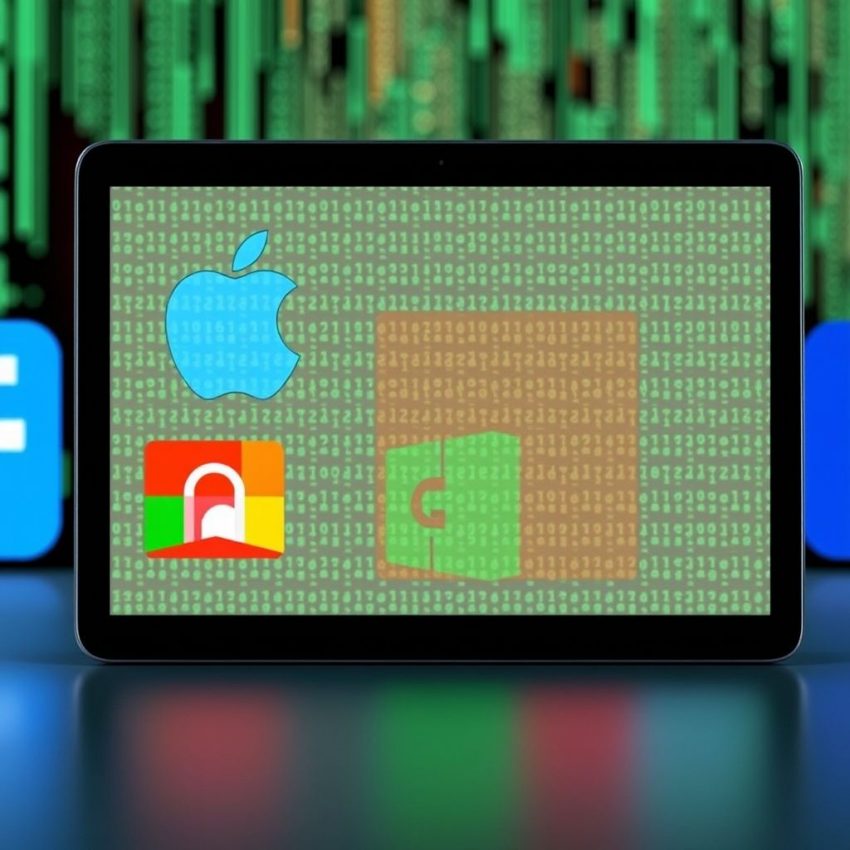Your Accounts Might Be at Risk: Massive Data Breach Exposes Details from Apple, Google, Microsoft & Facebook
The internet's dark underbelly has struck again. A massive data breach affecting a staggering 184 million accounts has exposed personal information from some of the world's largest tech giants: Apple, Google, Microsoft, and Facebook. This isn't just a minor inconvenience; this is a serious threat to your online security and privacy.
What information was leaked?
While the full extent of the breach is still being investigated, reports suggest the compromised data includes:
- Email addresses: This is a crucial piece of information that can be used to launch phishing attacks and gain access to other accounts.
- Passwords (potentially): Although the exact method of password storage is unknown, the potential for password exposure is incredibly concerning. Even hashed passwords can be cracked, especially if weak or reused across multiple platforms.
- Phone numbers: This information can be used for SIM swapping attacks, account recovery attempts, and targeted phishing campaigns.
- Other personal data: The exact nature of other personal data is still emerging, but it could include addresses, dates of birth, and other sensitive information.
Which companies are affected?
While the leaked dataset doesn't directly link to specific accounts on these platforms, the sheer volume of compromised email addresses and phone numbers means a significant percentage likely belong to users of Apple, Google, Microsoft, and Facebook services. This means your Apple ID, Google account, Microsoft account, and Facebook profile are potentially at risk.
What can you do to protect yourself?
Don't panic, but do act swiftly. Here's what you should do immediately:
- Change your passwords: Change your passwords for all your online accounts, including Apple, Google, Microsoft, and Facebook. Use strong, unique passwords for each account – a password manager can greatly assist with this.
- Enable two-factor authentication (2FA): 2FA adds an extra layer of security, making it much harder for attackers to access your accounts even if they have your password. Make sure 2FA is enabled on all your important accounts.
- Monitor your accounts: Keep a close eye on your accounts for any suspicious activity, such as unauthorized logins or changes to your personal information.
- Be wary of phishing attempts: Expect an increase in phishing emails and text messages attempting to trick you into revealing your login credentials. Never click on links or open attachments from unknown sources.
- Consider credit monitoring: Depending on the nature of the leaked data, you may want to consider signing up for credit monitoring services to protect yourself from identity theft.
This is a wake-up call. This massive breach highlights the importance of robust online security practices. Don't wait for disaster to strike – take action now to protect your digital identity. Your privacy and security depend on it.
Stay informed and stay safe. We'll continue to update this post as more information becomes available. Share this post with your friends and family to help spread awareness.
Don’t miss out on this exclusive deal, specially curated for our readers!
This page includes affiliate links. If you make a qualifying purchase through these links, I may earn a commission at no extra cost to you. For more details, please refer to the disclaimer page. disclaimer page.

